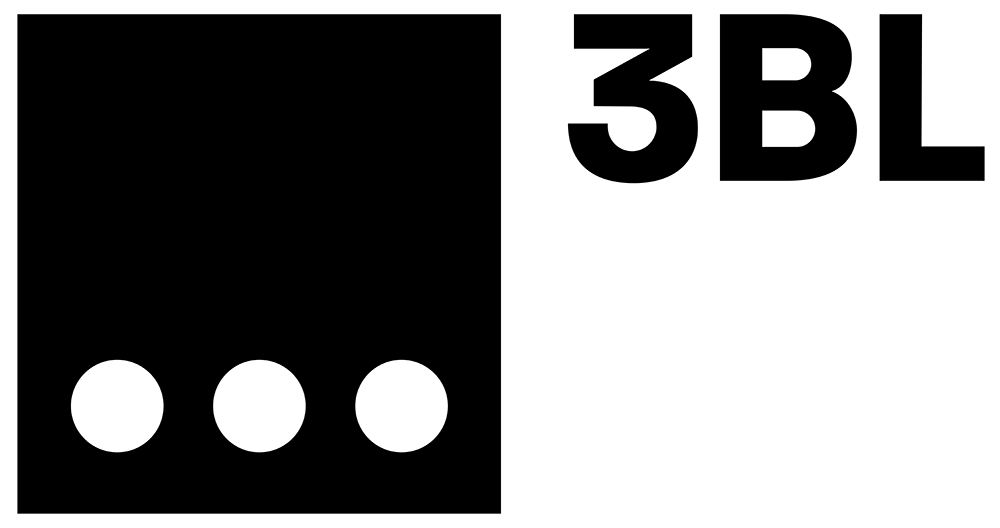Guest Post: Pharmville: Applying Gamification to Healthcare

By Nancy Meyer
What can pharma learn from FarmVille?
That enormously popular online game played—and shared—by millions on social networks, illustrates principles of engagement, interactivity, motivation, and loyalty that can be harnessed by healthcare firms.
It’s called gamification, applying game thinking and game mechanics to non-game environments to engage audiences and solve problems. We believe healthcare can take the best lessons from games like FarmVille, World of Warcraft, and Angry Birds, and use them to improve their business.
Gamification can be an effective tool for behavioral change, for both employees and consumers. Major insurers such as Aetna, Cigna Health, UnitedHealth, Wellpoint and Blue Shield offer games to encourage physical activity, smoking cessation, healthier eating, and other wellness initiatives. Such free online health and wellness tracker services help people to track their health, involve their friends and family to compete against, and win awards and prizes. Participants are motivated by earning points, badges, and status, seeing their progression, and engaging others in the games and challenges.
Blue Shield’s Daily Challenge from MeYou Health is similar to its fitness-motivating Shape Up Shield, in that it uses social media, including Facebook, to make wellness fun. What’s new is that it goes beyond physical exercise to encourage daily activities that improve wellness: physical, emotional or mental. According to The MeYou website, “the Daily Challenge promotes everyday wellbeing by encouraging the small actions and fostering the social ties that drive meaningful change.” The program is designed just like social games, with participants earning points, badges, status, and seeing their progression.
These initiatives are paying off: In the past three years, 80% of Blue Shield employees have participated in at least one of its wellness programs, according to Bryce Williams, director of Blue Shield’s employee wellness initiative Wellvolution. During that period, there has been a 50% drop in smoking prevalence and a similar increase in regular physical activity among employees. The incidence of hypertension has fallen by two-thirds, and disability claims are down among participating workers, but not others, he said.
One reason for the high participation rate is the incentives offered to employees. Wellness program participants are paying $3 million a year less in their share of insurance premiums, and they’re getting a total of 2,500 “health days” off from work. The company has also benefited by cutting annual health cost growth for its employees from double to single digits.
On the consumer side, companies are gamifying the process of taking one’s medications, or eating healthier, getting more exercise, and making other changes to improve overall wellness. This, in turn, can drive engagement and increase brand awareness and loyalty.
Take for instance the Healthseeker game on Facebook, a social game developed by the Diabetes Hands Foundation in collaboration with Joslin Diabetes Center. Players choose a mission that’s challenging but fun, take small actions in daily life, complete levels, report their achievements, and earn points by exchanging kudos with friends. Players become active in helping their friends – not only diabetics — reach their goals.
The lesson there is not to underestimate the power of social networks. Game developer Michael Fergusson found that the person receiving the challenge turned out to be three times as likely to complete the challenge as the challenger himself.
There are high expectations for Boehringer Ingelheim’s Facebook game Syrum, launched in September, that challenges players to discover new cures for diseases, create stable drug treatments and set up clinical trials to facilitate the launch of the drug and cure the disease.
Combining elements of the card-trading game Pokemon and functionality of Facebook, this social game entices players to use the social network’s mobile ‘check-ins’ to earn in-game rewards and connect with their Facebook friends to collaborate on molecule development.
John Pugh, Boehringer’s director of digital, oversaw Syrum’s development. He says, “What really sparked my interest in the potential of gaming is that a lot of what we do in pharma is around educating and teaching people; whether that’s teaching doctors about specific products, educating the general public and patients about diseases and healthy ways to live, or teaching people how to take their medication. Gaming seems to be a useful way and effective way for us to do that.”
Skeptics point to the pitfalls of creating shallow games that don’t move the needle on brand loyalty, sales or other key metrics. However, expectations must be realistic: there’s always a learning curve on the part of the game builder and the player; emerging markets always require education, M2 Research says.
Click here to read more from this author
This post originally appeared on Hale Advisors. Posted with permission of the author.

